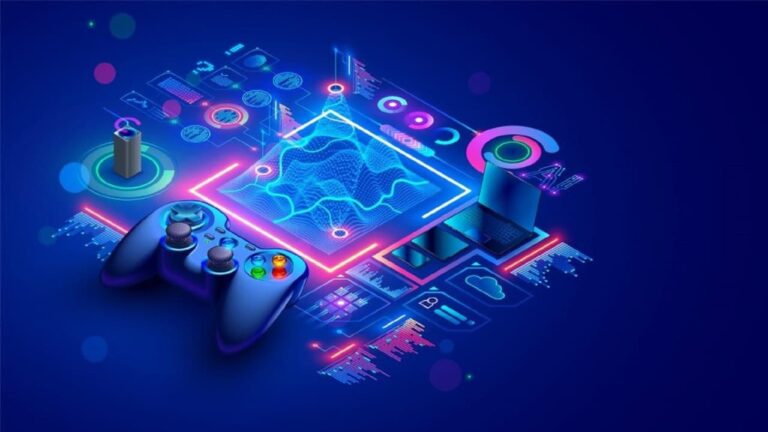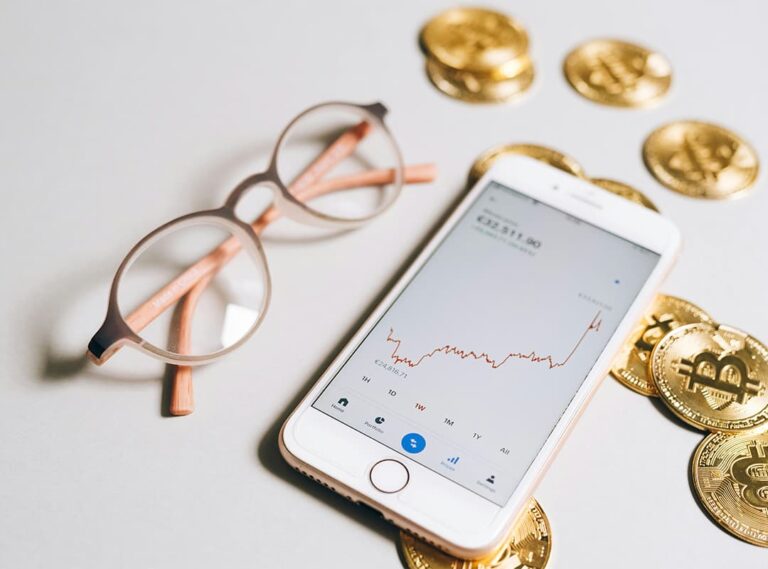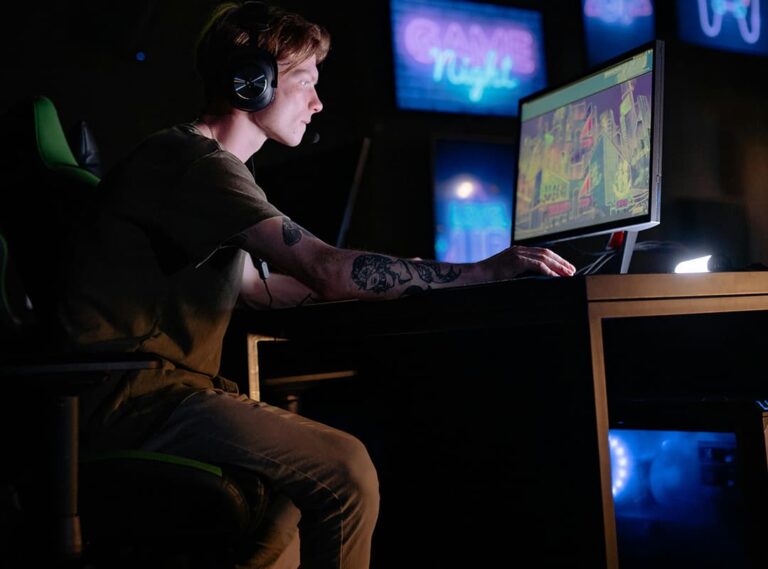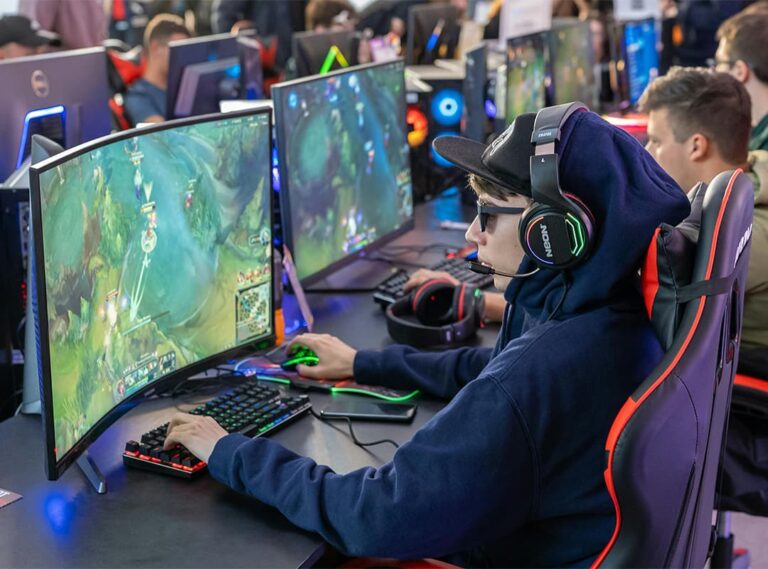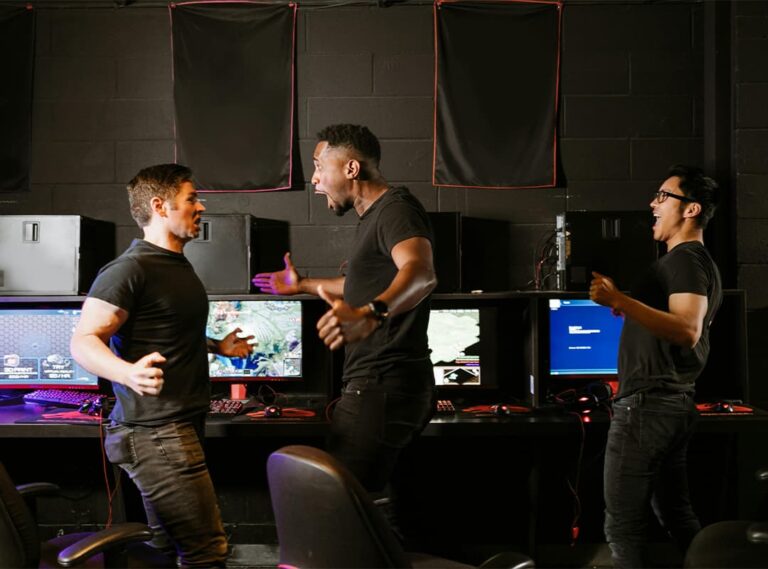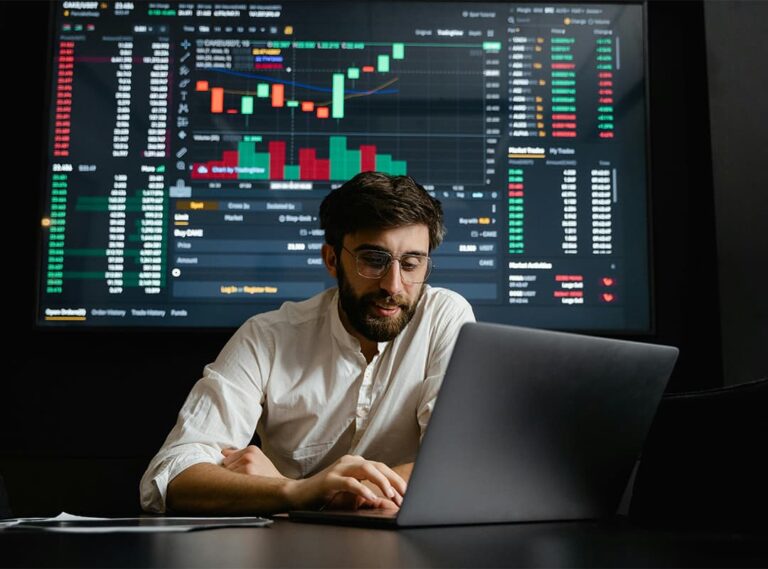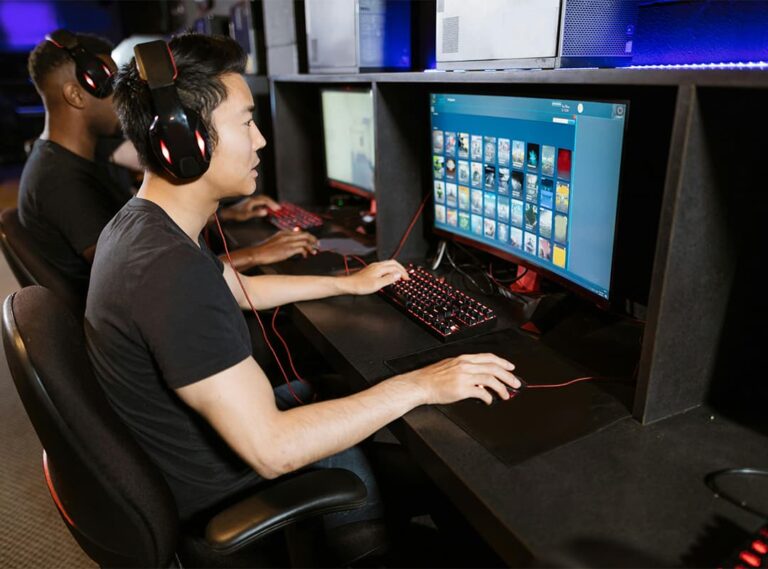In the gaming industry, NFTs are used to create and sell unique in-game items, characters, skins, and to manage the rights to digital assets. Through NFTs, players can own unique items in a game that can be sold to other players for real money.
How NFTs function in games
In addition, thanks to blockchain technology, NFTs provide transparency and security of transactions, as well as protection against counterfeiting and interference from game developers.
Benefits of using NFTs in games
The use of NFTs has a number of key advantages. First, it opens up the possibility of creating unique and rare game items and characters that can become not only a valuable asset for collectors, but also the basis of complex game economies.
Second, NFTs foster the engagement of the gaming community. Owners of unique digital objects can actively participate in trading and exchanging game items, and thanks to blockchain technology, this process becomes more transparent and secure, which increases player trust.
In addition, the use of NFTs creates additional revenue streams for both players and developers. Players can earn from the sale and exchange of their unique game assets, and developers from commissions from trading or selling new items.
Finally, introducing new and unique NFTs helps lengthen the game’s lifecycle: developers can regularly update the game and add new content and items, keeping players interested for a long time and contributing to the game’s popularity.
Possible problems associated with the use of NFT
Despite the many benefits, there are also some challenges associated with using NFT.
Advantages of using NFT in games
First, the NFT market is prone to speculation, which is often the main reason for sudden changes in price performance and instability in the economics of game assets.
Second, the use of NFT has environmental implications, as some blockchain platforms used to create and exchange tokens consume huge amounts of energy.
Third, despite all the security of a distributed ledger, there is still a risk of counterfeit assets and fraud cases, which could undermine trust in the system and negatively impact the gaming economy.
In addition, as with any other online facility, there can be technical issues and glitches that can make it difficult for players to access or fully utilize NFTs in the game.
Finally, the use of NFTs is not fully regulated in most countries. There are still gaps in aspects such as intellectual property protection, taxation and dispute resolution. Appropriate legal and regulatory mechanisms need to be developed to ensure fairness in the use of NFTs.


